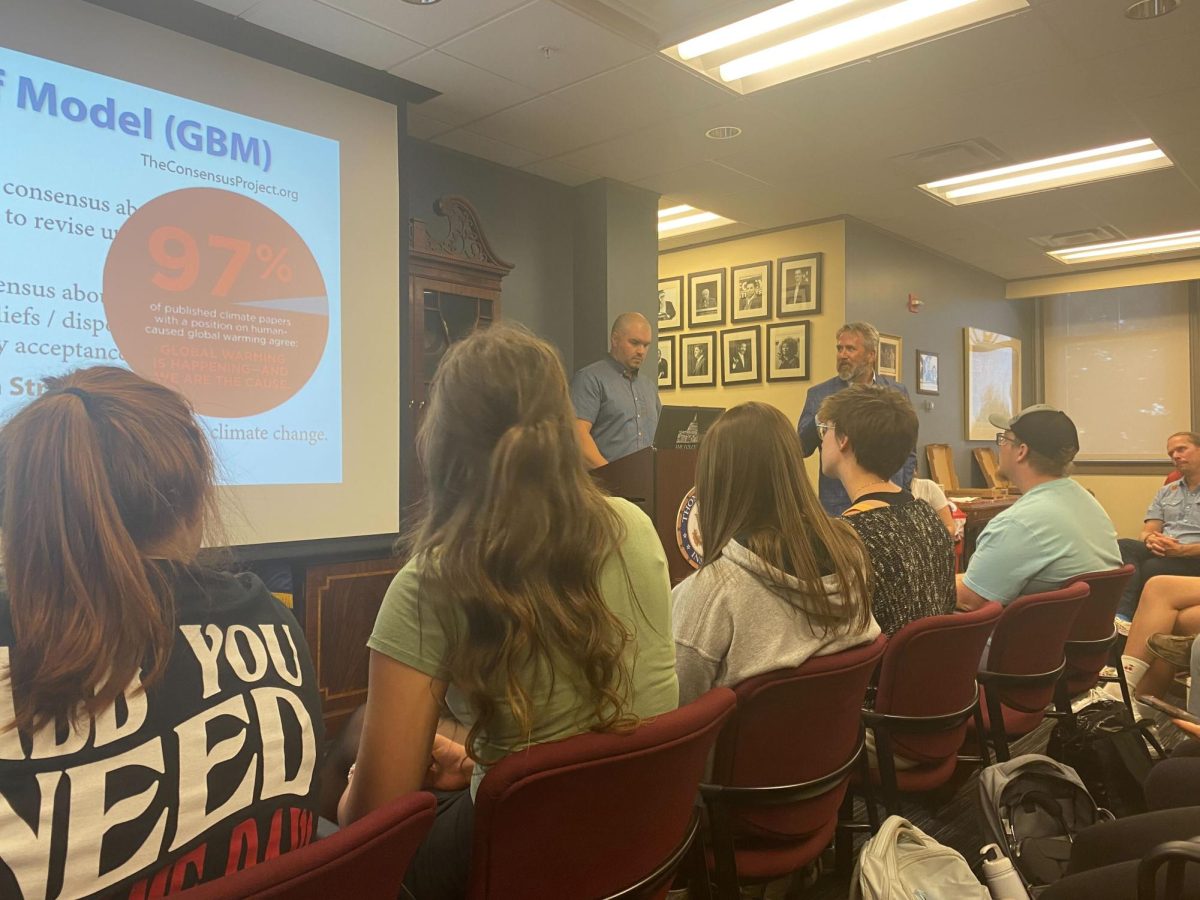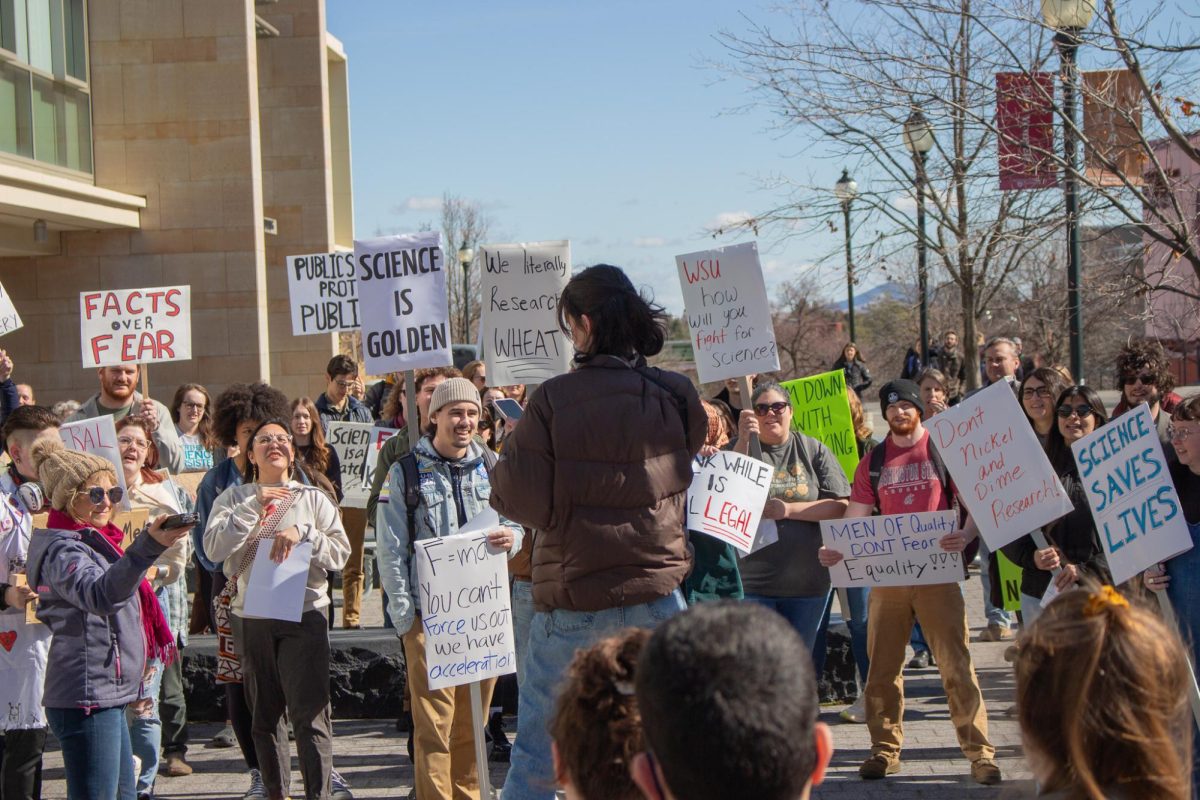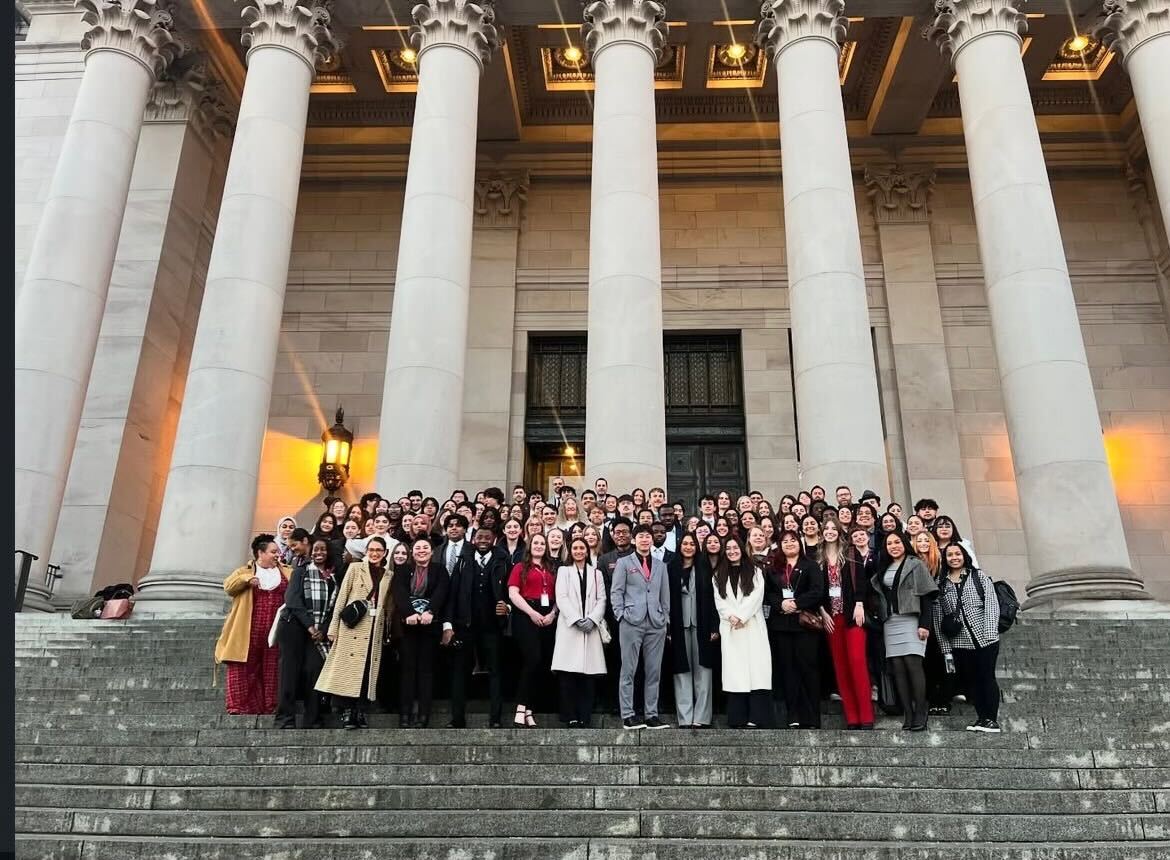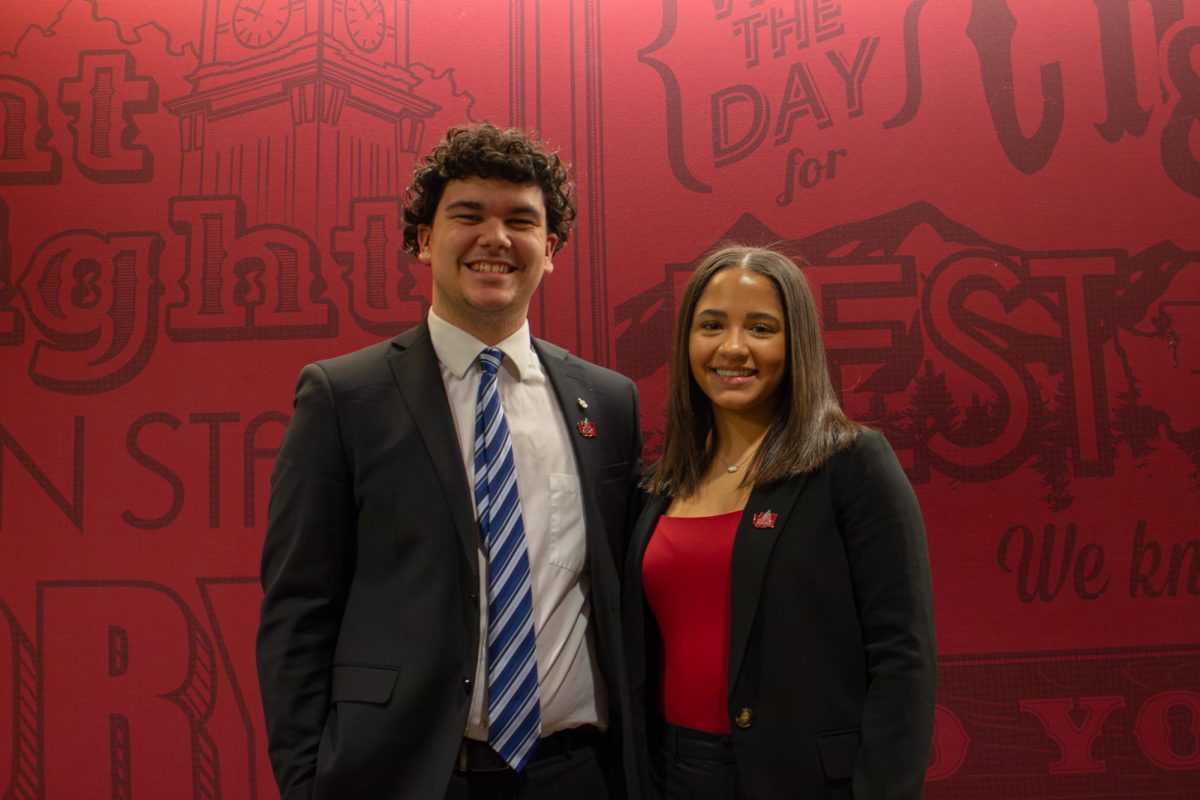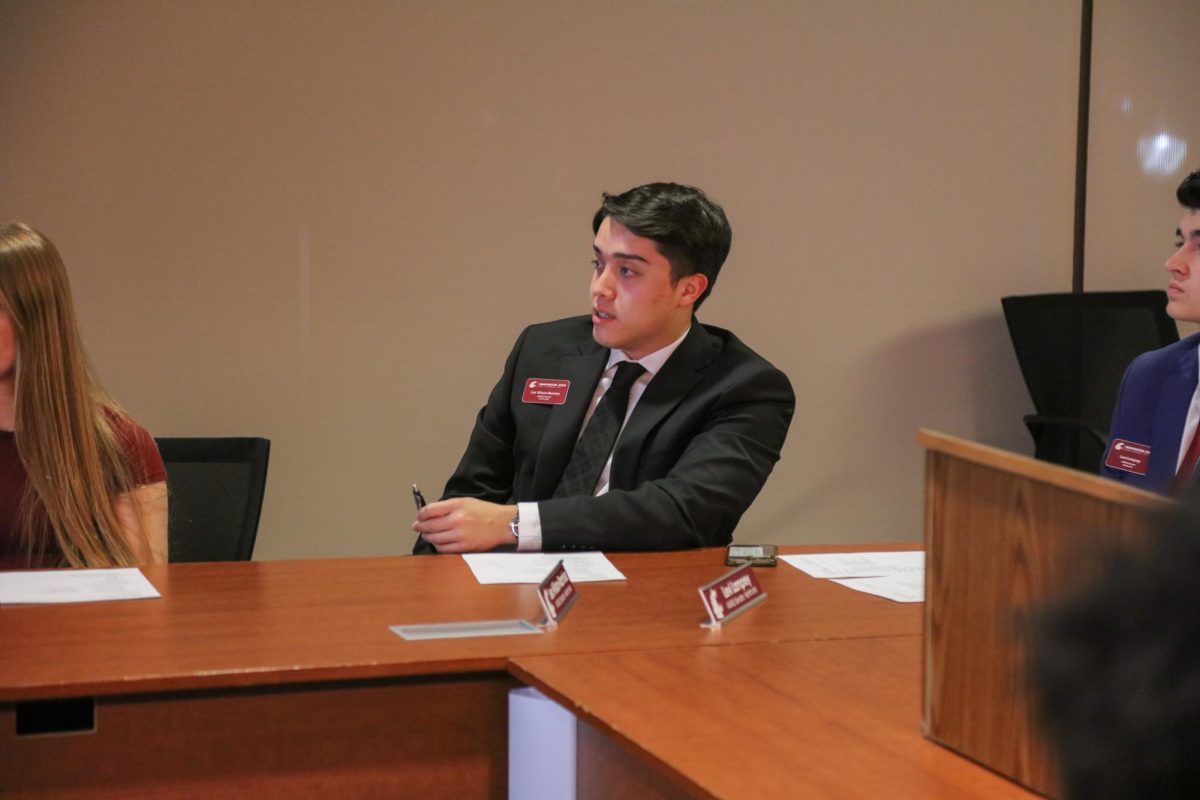The Foley Institute hosted a presentation on the public’s opinion of climate change and the lack of trust in climate science by Matthew Slater, Bucknell University philosophy professor, on Sept. 7.
Slater said one of the phenomenons related to climate change is motivated denialism where other experts are used to deny the seriousness of the issue.
“The messages play into our wishful thinking of not wanting this to be a thing that we think about. We don’t want to have to change our lifestyle,” Slater said.
In looking at some of the ways to negate denialism, greater trust needs to be promoted in science, Slater said. The prime goal should be communication and improving science education.
There are different opinions on what science is and this makes it difficult to know what exactly it means to trust science, he said.
“For example, scientists trust other scientists which is not great because there are some who fabricate their data and are bad at knowing what the truth is,” he said. “So this doesn’t seem like it’s going to be tenable to say that we need to trust every scientist in virtue of them being a scientist.”
Slater said people’s conclusions and prior beliefs are doing a lot of the driving in the debate of climate change. This makes it difficult to say who is an expert so you can’t just take their view of what’s happening.
An alternative to taking any expert view on climate change is scientific consensus which helps with the expert identification problem because you don’t need to identify individual experts, Slater said. There are still concerns with scientific consensus because there isn’t a lot of consensus data for many subjects and this approach still requires a trustworthy messenger.
“Consensus is not the kind of thing that is directly observable. I can’t just look at the scientific community and see that there’s an identity to tell me that I need to trust that person,” he said.
Slater said people cannot just follow a group of people who have the same opinions of climate change. You need to know how they arrived at their decision.
“If they arrive at the agreement as a result of a robust critical process or where multiple views were considered and the evidence was carefully looked at, then it might give you good reason to believe their agreement is epistemically significant,” he said.


